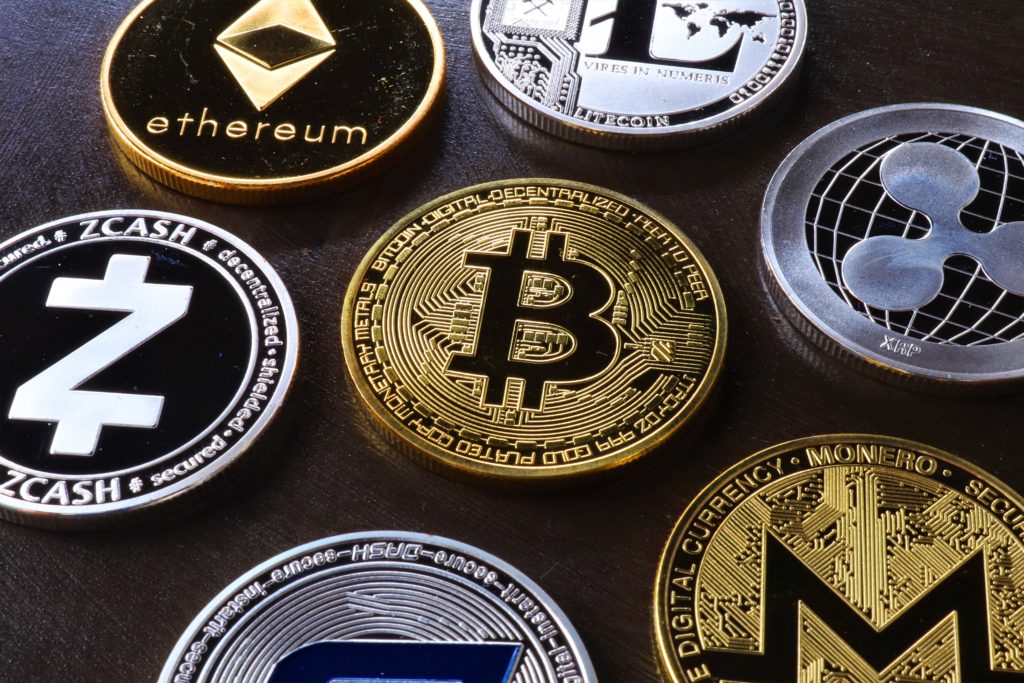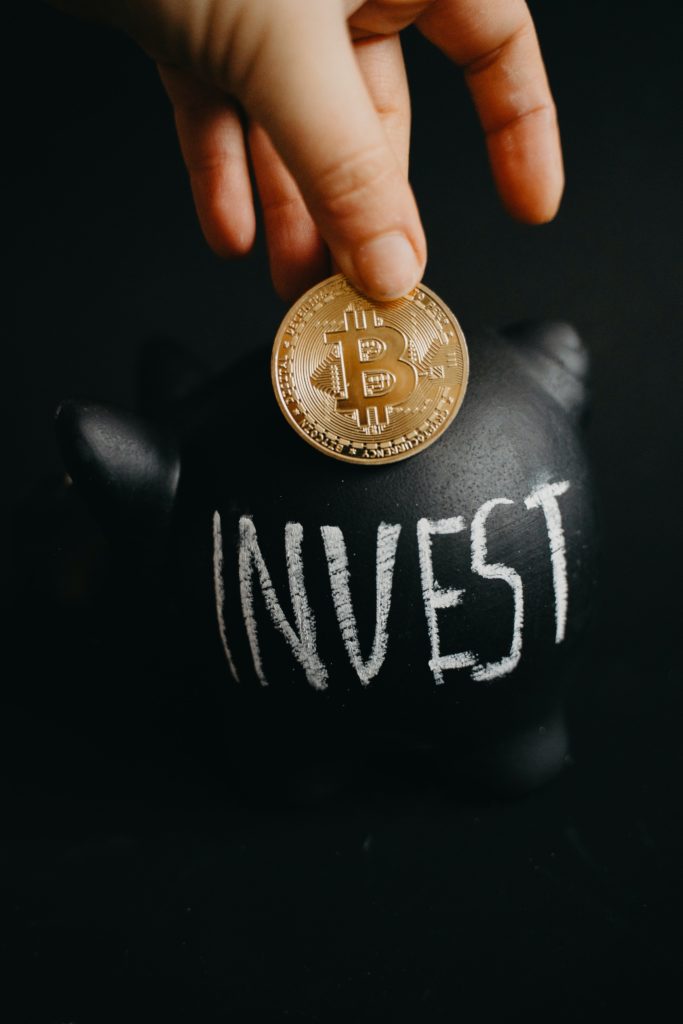Music As An Investment: How NFTs Could Change The Music Industry

Words by: Matthew Griffiths
Crypto became a hot topic again and NFTs are the way the music industry has managed to cash in on the market.
NFTs have quickly taken 2021 by storm as the next digital leap in an internet-led world. Digital artists and art collectors seem to be the main beneficiaries – but when it comes to the marketing of non-physical works on the blockchain, the visual arts are not where the fun ends. The music industry can, is, and very likely will continue to profit from NFTs. Here’s how.
But First, What Are NFTs?
To put it simply, NFTs or Non-Fungible Tokens are unique pieces of information stored on the blockchain – where cryptocurrencies and other “tokens” are stored. Different types of tokens on the blockchain have different roles, but the ones we’re most familiar with are currencies, such as Bitcoin or Ethereum. Cryptocurrencies are examples of “fungible tokens” – meaning each Bitcoin is of equal value to other Bitcoins. NFTs, on the other hand, are “non-fungible” – meaning they can have unique information added to them. This is why they are being used to certify digital assets (such as artworks) as being unique, and therefore not interchangeable.

But beyond the technology itself, what else gives them value?
If you’re not convinced, think about how much a verified tick on Instagram is worth. Or if you’re a gamer, think about how much people pay for digital items in games (Epic Games recently revealed that they made $50 Million from a release of Fortnite Skins back in November and December).
Just remember, many things in the physical world can be tokenised, including music.
How NFTs Could Change Ticket Sales
Have you ever had multiple tabs open, frantically trying to get tickets to see a big artist, only to have them sell out everywhere in a matter of minutes?
“Scalping”, aka bulk-buying/automated buying, is probably the reason for that. Scalpers use scalable methods such as ticket bot software to make enormous bulk purchases of highly sought after tickets.
How can NFTs prevent this?
If every ticket to a Beyonce show was sold on Ethereum (an open-source blockchain technology), sellers would be able to utilise Ethereum’s smart contract functionality. A smart contract is like a set of rules that determine what conditions need to be met during and after a transaction. For instance, the smart contract under a Beyonce ticket could enable/disable the resale of the ticket, and even limit the number of sales to one person.
How NFTs Could Change The Distribution of Masters
Jesse Goplen from HouseofNFT, is a musician and songwriter who helps other music artists sell NFTs. To accomplish this, his preferred sales platform of choice is Ghostmarket (due to its low fees and high speed) on the Phantasma blockchain.
In a YouTube video entitled, How to Mint a Music NFT on Ghostmarket.io #soulchallenge, he explains why it’s a good idea to release a digital master as an NFT, as opposed to a CD –
“The whole idea is that, if you’re gonna claim that it’s a 1 of 1, you know you wanna make sure that it’s not out there as a CD. So if you are gonna release it as a CD, that would be like, the same as a digital master, then.” (6:49)
“But what I think can make these really unique, is if we take advantage of the fact that you can put it out there where everyone can listen to it on the streaming platforms, and its protected by all the existing licensing – then you can sell a single copy of it, and it really will be the only copy of the master that’s out there, because nobody buys CDs any more.”(7:08)
Are CD and vinyl sales completely dead? Not quite, but how much of industry revenue do CD and vinyl sales really make up? Figures released in late 2020 from The Recording Industry Association of America (RIAA) showed that in the first half of 2020, CDs only brought in 2.3% of total industry revenue. Vinyl was a little further ahead at 4.1%.
Despite CDs and vinyl contributing to a small chunk of industry revenue, it’s clear that Jesse is onto something –
“This is revolutionary in a number of ways. But more importantly you know, it’s gonna turn music into an investment and something that can be profitable for a fan, they can buy this and it can end up being worth a lot of money because it’s the only one.” (8:33)

Music as an Investment?
Nathaniel Moore, owner of Omari, a professional music promotion agency and music marketing blog, shared some interesting ideas on new ways that music could become an investment in the future.
On an episode of No Nonsense Music Marketing, Nathaniel explains how music NFTs could one day be “fractionalised” (4:04) – having multiple owners instead of one, like on the stock market.
“I believe that we’re gonna have mutual fund types of music..imagine if it was like, 1980, and you had a chance to invest in hip hop as a genre…you have a feeling that hip hop’s gonna be a big thing…kind of like an Exchange Traded Fund.” (5:08)
It’s Already Begun
Some popular music artists have already made hugely successful musical NFT drops.
In February, Grimes sold around $6 million worth of NFTs composed of short videos (of winged babies with spears) set to original music by Grimes.
In April, Eminem made $1.78 million from his first collection of NFTs, including action figures of himself in his music videos, as well as some original beats which Eminem produced.
The Weeknd apparently made $2.29 million for his collection, which included an unreleased song.
Now Is Probably A Good Time To Start
Some think that NFTs are merely a trendy bubble that will soon eventually burst. But how realistic does that seem, knowing what good they could do for the music industry? Early adopters of new technology, from e-commerce giants (eBay, Amazon) to social media stars (the Paul brothers on Vine, the D’Amelio sisters on TikTok), are often extremely happy they did so.
Are you up next?





![ZINO VINCI’S ‘FILTHY & DISGUSTING’EP BRINGS YOU TO THE CORE OF THE ARTIST [@ZinoVinci]](https://guap.co/wp-content/uploads/2023/10/Zino-4.jpg)




